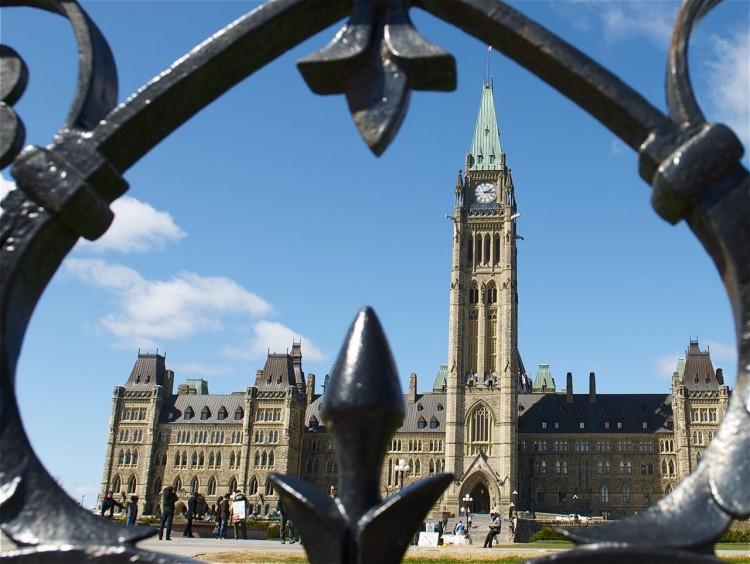The Ontario Civil Liberties Association has written to senators and MPs to express opposition to legislation proposed in the 2022 federal budget to criminalize “Holocaust denial” and promotion of antisemitism, saying it will “damage Canadian democracy” and could lead to criminalization of speech about other significant events.
OCLA executive director Joseph Hickey publicized the April 22 letter in a press release that included links to the organization’s previous letters to the federal and two provincial governments calling for the repeal of existing “hate speech” provisions in the Criminal Code.





